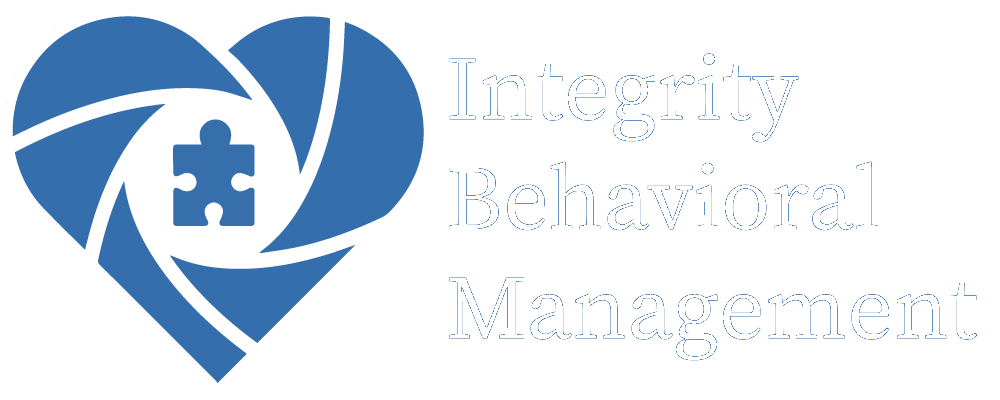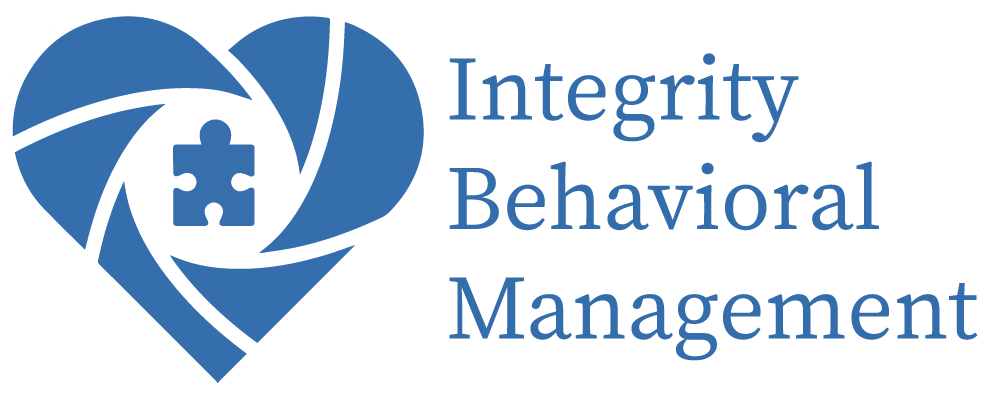Overcoming substance abuse is a difficult path, and one of the most important parts of staying sober is avoiding relapse. Although setbacks can happen, using effective relapse prevention strategies can greatly improve the chances of long-term success.
This article looks at seven strong techniques that people in recovery can use to strengthen their determination and overcome the challenges that may threaten their progress.
Identify and Manage High-Risk Situations
You must recognize triggers, such as environments or social settings associated with past substance use, and take proactive steps to avoid them.
It’s also crucial to be aware of internal triggers, like stress, anxiety, or emotional discomfort, which can compromise your decision-making. Using the HALT framework, you can assess your emotional and physical states, allowing you to address potential triggers before they escalate.
Engage in activities that promote positive social interactions and support networks to mitigate feelings of loneliness and isolation. Develop coping strategies for high-risk situations, such as practicing assertive refusal techniques and planning for emergencies, to effectively manage cravings and maintain your sobriety.
If you’re starting out on your path to recovery or aiming to reinforce your sobriety, an intensive outpatient program can equip you with the necessary tools, support, and community to help you sustain long-term sobriety.
Develop a Structured Daily Routine
By establishing a consistent schedule, individuals can create a sense of stability and predictability that counteracts the chaos often associated with addiction.
A well-planned routine helps fill time productively, reducing idle moments that may lead to cravings or temptations.
Key elements of an effective routine include regular sleep patterns, healthy meals, exercise, and recovery-focused activities such as support group meetings or therapy sessions. This structure not only promotes physical and mental well-being but also reinforces healthy habits and coping mechanisms.
As a plus, a daily routine provides opportunities to set and achieve small goals, boosting self-esteem and motivation in the recovery journey.
Regularly review and adjust your structured routine to ensure it remains effective and responsive to changing needs, reinforcing your relapse prevention techniques consistently.
Cultivate Healthy Coping Mechanisms
Coping mechanisms serve as crucial tools for managing stress, navigating difficult emotions, and resisting the temptation to use substances when confronted with triggers.
Healthy coping strategies can encompass a wide array of activities and techniques, including deep breathing exercises, mindfulness meditation, journaling, engaging in creative pursuits, or physical exercise.
The key is to cultivate a diverse set of coping skills that can be utilized in various situations. For example, practicing progressive muscle relaxation can help reduce physical tension during stressful moments, while cognitive reframing techniques can aid in challenging negative thought patterns that might lead to cravings.
The HALT method (Hungry, Angry, Lonely, Tired) serves as a valuable self-assessment tool to identify emotional states that may lead to relapse.

Build a Strong Support Network
Engage with groups like AA or NA, and find a sponsor who can offer personalized guidance.
Diversify your support network by including family, friends, and community groups to mitigate isolation—a significant relapse trigger. Share your experiences within this supportive social circle to reinforce your commitment to sobriety and gain emotional backing during challenging times.
A strong support network, combined with a comprehensive relapse prevention program, will increase your motivation and accountability, ensuring you have access to assistance when facing difficulties in your recovery journey.
Practice Mindfulness and Stress Reduction
Practicing mindfulness meditation can heighten your self-awareness, helping you recognize and manage triggers linked to substance use.
Techniques like the 4 x 4 breathing method and 5-4-3-2-1 grounding exercise significantly improve emotional regulation and lower stress levels. Regular mindfulness practice encourages accepting cravings without judgment, empowering you to navigate challenging moments without using substances.
Engaging in mindfulness-based stress reduction techniques enhances overall mental health and resilience against relapse by nurturing a calm, focused mindset.
Engage in Regular Physical Activity
Three key ways regular physical activity supports relapse prevention are by improving mood, reducing anxiety and depression symptoms, and increasing endorphin production.
These natural mood lifters create a positive emotional state that reinforces your recovery. Physical exercise also enhances sleep quality, combating insomnia and fatigue, which are common post-acute withdrawal symptoms.
Developing a structured exercise routine builds discipline and a sense of achievement, bolstering your self-esteem and commitment to recovery goals.
Engaging in regular physical activity provides a healthy coping mechanism for managing stress, boredom, and cravings, offering an alternative to substance use.
Ongoing Treatment and Support
Ongoing engagement with professional support and treatment is essential for maintaining long-term recovery after completing initial rehabilitation programs.
Regularly attending therapy sessions, either individually or in a group setting, provides a platform to confront new challenges, work through emotions, and improve coping mechanisms.
Joining support groups such as Alcoholics Anonymous or Narcotics Anonymous offers peer support, a sense of responsibility, and a feeling of belonging that can be crucial for sustaining sobriety.
These continuous interventions help individuals remain focused on their recovery objectives, manage life’s stressors, and deal with triggers that may emerge over time.
Ongoing treatment allows for the modification of recovery plans as necessary, ensuring that the approach stays relevant and effective as the individual’s circumstances evolve.
Final Thoughts from Integrity Behavioral Health
Incorporating these strategies into your daily life can significantly enhance your ability to maintain sobriety and build a fulfilling life free from substance abuse.
For those seeking additional support and guidance in their recovery journey, Integrity Behavioral Management in New Orleans offers a comprehensive Intensive Outpatient Program (IOP). This program is designed to reinforce relapse prevention techniques and provide a structured environment for healing. Our experienced team of professionals is committed to helping individuals develop the skills and resilience necessary to overcome addiction and maintain long-term recovery.





